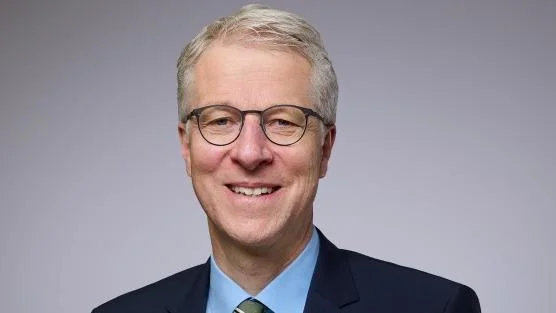Small and medium-sized enterprises (SMEs) in Germany are increasingly utilizing public promotional funds for their climate-related investments. According to a special analysis of the KfW Climate Barometer, these businesses incorporated 22% of such funds into their investment mix in 2023, marking a rise from 19% in 2021. These funds include state investment grants or reduced-interest loans provided by entities like KfW.
The data highlights that promotional funds play a significant role in financing major climate projects, particularly those exceeding EUR 80,000. On average, these large-scale investments comprised 24% promotional funds, with an additional 30% sourced through bank loans and the remaining 44% from internal resources. This trend indicates that the financial demands of substantial climate initiatives often surpass what businesses can independently manage.
Stefan Wintels, CEO of KfW, emphasized the institution's commitment to supporting enterprises transitioning to sustainable operations. "KfW stands ready to provide financial support to enterprises in transitioning to a sustainable economy," he stated.
He further noted the challenges posed by current market conditions: “The market does not yet adequately take into account the risks and costs of climate change. Climate projects are therefore often not attractive for investors because of their risk-return profile." Wintels advocates for assigning economic value to environmental efforts as a means to attract necessary private capital and enhance project viability through favorable financing options offered by institutions like KfW.
Promotional banks are positioned to aid in overcoming financial barriers associated with new climate technologies by offering competitive financing terms and fostering transparency about innovative solutions. They also play a pivotal role in establishing technical standards for energy-efficient practices and providing initial funding avenues for emerging climate-focused startups lacking traditional banking support.

